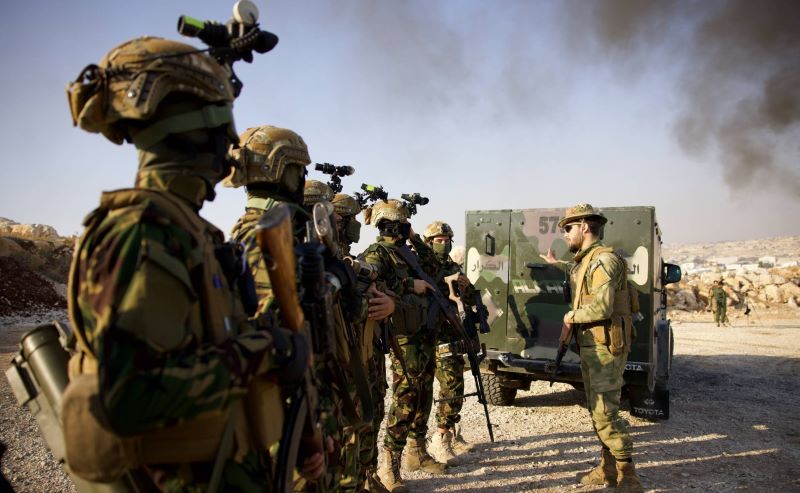By Michael Pröbsting
Syrian rebels have launched a stunning offensive, liberating the entire Idlib province, most of Aleppo, and pushing into Hama. Aleppo City, with its 2.3 million residents, is now under rebel control, marking a major defeat for Assad’s regime. This swift collapse highlights the low morale among Assad’s forces, many of whom are reluctant conscripts.
For years, Assad’s rule has relied heavily on military aid from Russia, Iran, and Hezbollah. However, these allies are now stretched thin. Russia’s focus has shifted to Ukraine since 2022, while Hezbollah has turned its attention to defending Lebanon following the October 2023 conflict with Israel. Rebel forces have capitalized on this weakened support, making rapid gains in the north.
The uprising shows strong public support, with spontaneous anti-Assad protests erupting in areas like Daraa, Suwayda, and Homs. Despite the regime’s brutal history, including over 600,000 deaths since 2011, many Syrians are regaining hope as rebels emphasize unity. The opposition has promised to respect the rights of all religious and ethnic groups, including Druze, Christians, and Kurds, signaling a shift toward inclusivity despite past sectarian tensions.
Claims that Israel is backing the rebels are unfounded. Israel prefers the stability of Assad’s rule, fearing that rebel gains could lead to chaos and strategic weapons falling into extremist hands. The United Arab Emirates (UAE), meanwhile, has reaffirmed its support for Assad. UAE leader Sheikh Mohammed bin Zayed recently pledged solidarity with the regime, opposing the rebel uprising and aligning with other regional reactionaries.
The UAE’s opposition reflects its broader hostility toward revolutionary movements, as seen in its role in Yemen, Libya, and Sudan. With Syria’s civil war at a critical turning point, the next moves by Assad’s allies—particularly Russia and Iran—will determine whether his regime can hold on.





